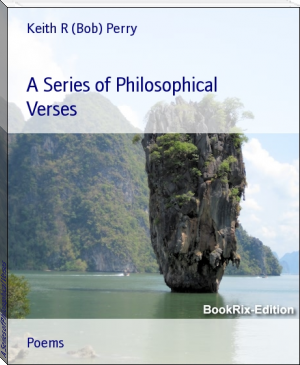Author's e-books - Verses. Page - 1

Each verse is a separate unit. It is written with a philosophical theme and the entire work is linked with this common thread. Each verse is loosely adapted from the 19th century work of Edward Fitzgerald’s 5th translation of The Rubaiyat of Omar Khayyam. Omar Khayyam was a 12th century Persian poet, philosopher, mathematician and astronomer. He invented the Arabic calendar.

A truly panoramic book consisting of five books of overt or subtle autobiographical origin, featuring culture, history, art, verse, despair, addiction, humour, redemption, faith, love and so much more besides; a truly incredible experience, chockful of fascinating facts and tales; and all with a Christian basis. But that’s not to say “Where the Halling Valley River Lies” has attained its definitive state, because by its very nature, it can be added to ad infinitum. So that it remain perpetually

Each verse is a separate unit. It is written with a philosophical theme and the entire work is linked with this common thread. Each verse is loosely adapted from the 19th century work of Edward Fitzgerald’s 5th translation of The Rubaiyat of Omar Khayyam. Omar Khayyam was a 12th century Persian poet, philosopher, mathematician and astronomer. He invented the Arabic calendar.

A truly panoramic book consisting of five books of overt or subtle autobiographical origin, featuring culture, history, art, verse, despair, addiction, humour, redemption, faith, love and so much more besides; a truly incredible experience, chockful of fascinating facts and tales; and all with a Christian basis. But that’s not to say “Where the Halling Valley River Lies” has attained its definitive state, because by its very nature, it can be added to ad infinitum. So that it remain perpetually
